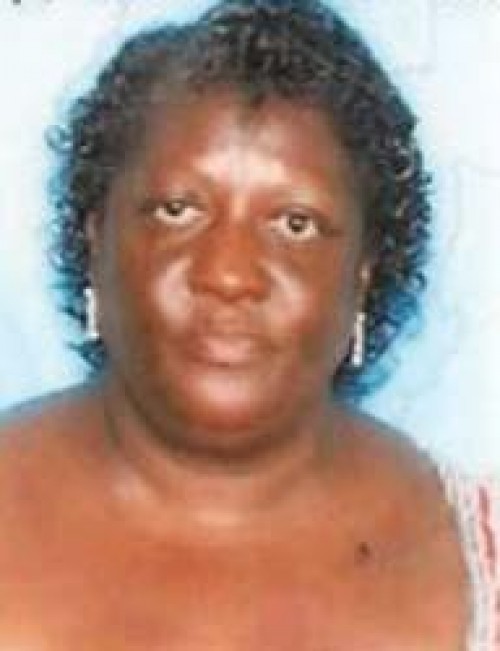
Rebecca Anna Lee Dorsey Williams
August 18, 2009
Jeanette A Bourgeois
August 20, 2009In the Japanese movie “Rashomon,” a woman is raped and her husband is murdered. Four witnesses – the rapist, the dead man speaking through a medium, the rape victim and a bandit – all give widely different accounts of what took place.
Since the stories are contradictory, the film’s viewers must decide who is telling the truth.
Anais Nin sums up the lesson of the movie, “We don’t see things as they are; we see them as we are.”
While there is objective truth in the abstract, we only see reality through our own subjective eyes, our own experiences.
An old Latin principle says, “Quidquid recipitur secundum modum recipientis recipitur.” The literal translation is, “Whatever is received is received according to the mode of the receiver.”
It means whatever we receive in life depends upon our openness to receive the present reality. So our attitude and our experiences influence everything we do in life.
Judge Sonia Sotomayor was recently confirmed and sworn in as the 111th U.S. Supreme Court justice. She is also the first Hispanic to serve on the high court.
In taking the oath, Sotomayor promised to administer justice without respect to persons rich or poor.
During her confirmation hearings, the primary debate involved Judge Sotomayor’s speech to non-white women jurists, “I would hope that a wise Latina woman with the richness of her experiences would more often than not reach a better conclusion than a white male who hasn’t lived that life.”
She went on to say, “Whether born from experience or inherent physiological or cultural differences, our gender and national origins may and will make a difference in our judging.”
This is nothing more than a restatement of the “quidquid reciptur” principle. We see things as we are.
Practically speaking, hardly anyone found fault with her 17 years of judicial decisions on the lower courts. The criticism stemmed from her statement that we bring our experience to our judgment. Let’s face it; that’s all we have, but we should not stop there.
Author and motivational speaker Zig Ziglar talks about expanding our vision when he says, “The basic goal-reaching principle is to understand that you go as far as you can see, and when you get there, you will always be able to see farther.”
We have to listen to others to enrich our point of view.
Law, even constitutional law, is not totally objective. If it were, we would not need lawyers or judges. We could feed information into a computer and the correct objective answer would come out.
Jesus respected the law but always applied the principle of love.
Once, the Pharisees brought him a woman whom they caught in the act of adultery. They asked Jesus, “Now in the law Moses commanded us to stone such women. Now what do you say?”
Jesus straightened up and said to them, “Let anyone among you who is without sin be the first to throw a stone at her.” He leaned on the side of mercy and told the woman to sin no more.
Another time, the disciples were plucking grain and eating them on the Sabbath. The Pharisees objected, “Look, why are they doing what is not lawful on the Sabbath?” Jesus’ answer was, “The Sabbath was made for humans, and not humans for the Sabbath.”
Comparisons are odious and maybe Sonia Sotomayor should not have compared herself with a “white male who hasn’t lived that life.” However, no one has a totally objective view of reality or the law.
We are like the six blind individuals who felt different parts of the elephant and came to different conclusions about the nature of an creature. We all have our blind spots and need each other to get the total picture.







